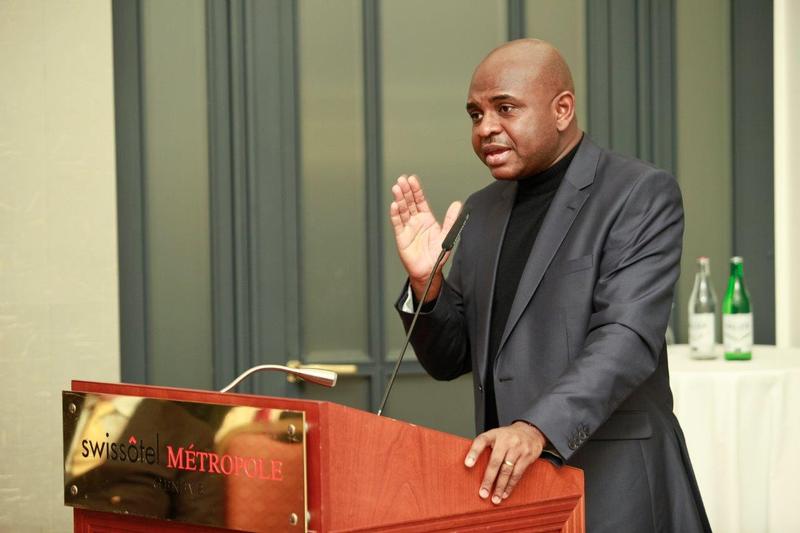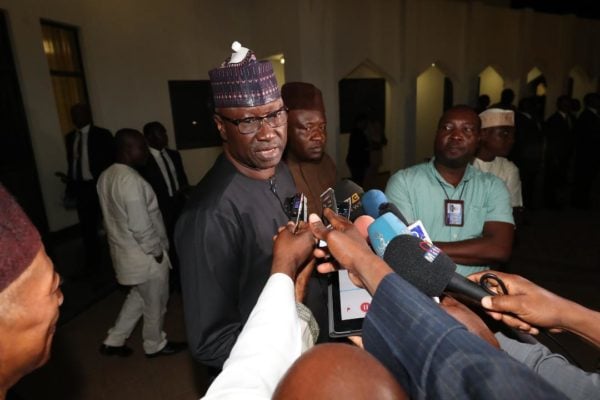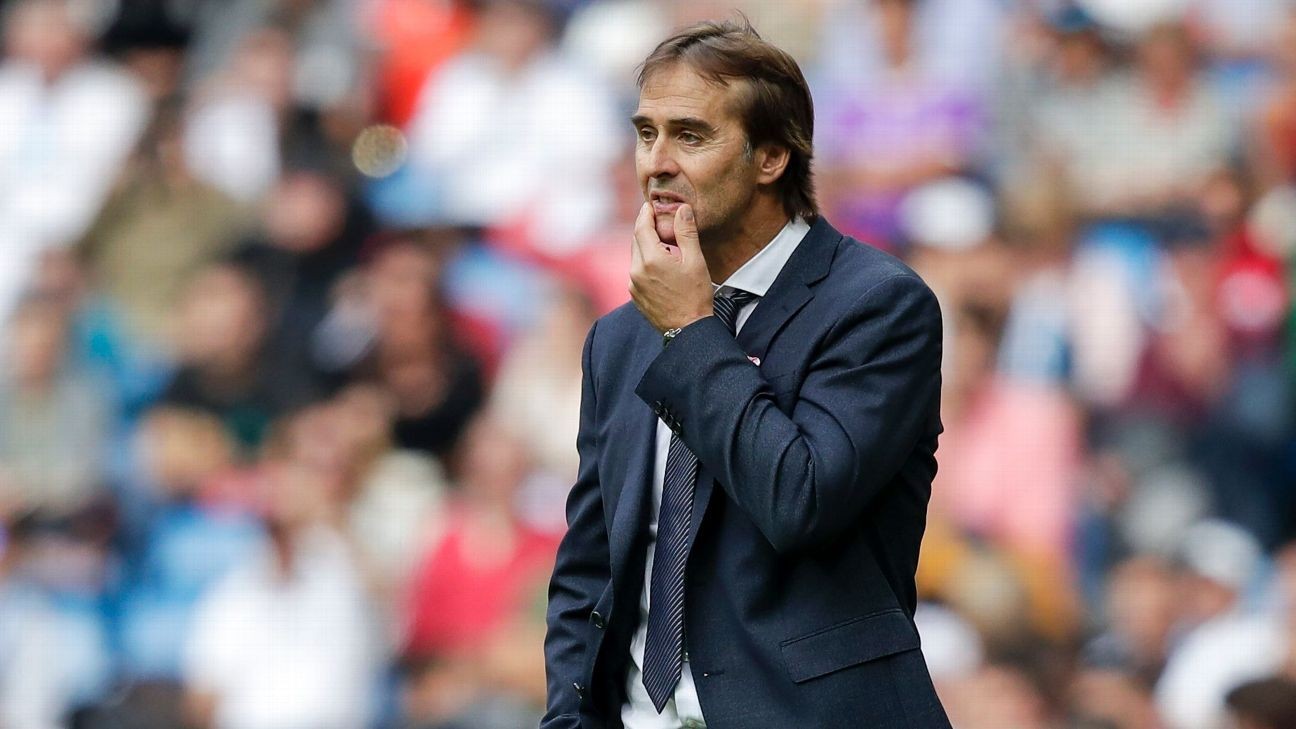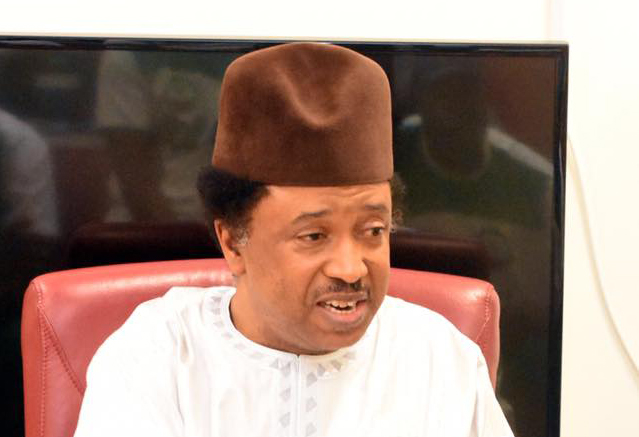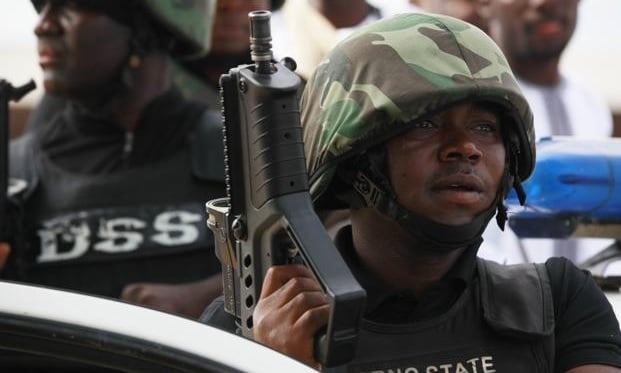Kingsley Moghalu, presidential candidate of Young Progressives Party (YPP), says Nigeria is not yet a nation.
Moghalu said this on Monday while speaking at the sixth annual conference of the Nigerian Political Science Association (south-east).
The conference held at the University of Nigeria Nsukka (UNN), Enugu state.
The former deputy governor of the Central Bank of Nigeria (CBN) said Nigeria is a nation waiting to be born.
Advertisement
According to him, restructuring is the best path to the desired “economic transformation” of the country.
“Nigeria is not yet a nation. It is a country created by our erstwhile colonial master the United Kingdom, made up of many ethnic nationalities, but a nation waiting to be born. Such a form of government requires a fundamental overhaul of the 1999 constitution presently in force to achieve national unity and cohesion as well as the development of the component parts of the federal state at their own pace,” he said.
“Nigeria today is called a ‘federal republic’ but in reality is a unitary state. This reality is the result of military intervention in our polity through the first coup of 1966.
Advertisement
“The case for restructuring, then, is clearly four-fold.
“The first is the case for justice and equity. Anyone can make disingenuous arguments, but the current constitutional structure of Nigeria and concentration of power at the centre in Abuja favour some parts of the country and disenfranchises others, in particular those parts of the country from which the natural resources rents support the current structure.
“It disenfranchises them because they have no control over these resources (which should not be the case in a truly federal state), and also because the arrangement places excessive political power in the hands of whichever groups control power at the centre.
“A perversion of this cardinal principle has created injustice, which has created disunity. It has led to a retreat from Nigerian-ness, egged on by these valid resentments at inequity and injustice, back to primordial identities that make a mockery of our nationhood. You really do want a nation in which everyone is essentially a happy camper on the basis of collective interest, not one in which some groups feel they are held ‘captive’.
Advertisement
“Second, restructuring is necessary because of the destabilisation that the current conditions have bred. We can either stabilize Nigeria by restructuring it, or continue to play the ostrich by insisting that our ‘processes’, not the structure, are the problem. Low-intensity conflicts will continue in various parts of the country, with the theatres of conflict shifting to different regions at different times (south-south, south-east, Middle Belt in the north-central, north-east, and so on).
“This would be a dereliction of the federal government’s responsibility to protect the lives and property of the citizens of Nigeria). A derelict, vastly overstretched and over-centralised police force will not accomplish this task, nor will siege-style security governance in which our armed forces are constantly deployed to check-mate internal dissenters.
“Third, restructuring is imperative in order to take care of what I call the ‘fundamentals’. We need a peoples’ constitution. A constitution that was made by military dictators should not guide a democracy, if such a democracy truly is a government of the people, for the people, and by the people.
“We need to address the national question, that of what makes Nigeria’s nationhood and the relationship between the nearly 400 ethnic nationalities and the Nigerian state. Here I would recommend that, if we are to achieve real progress, we resolve this conundrum decisively in favour of Nigerian statehood rather than ethnic nationality, but at least it must be agreed by the Nigerian people.”
Advertisement
Moghalu said sending an executive bill to the national assembly is the best way restructuring could be achieved.
“I believe that restructuring is necessary and inevitable. Some stakeholders may dismiss the prospect because of a fear of the loss of perceived political advantage,” he said.
Advertisement
“But no one has anything to fear in an intelligently restructured Nigeria.”
Advertisement
Add a comment

